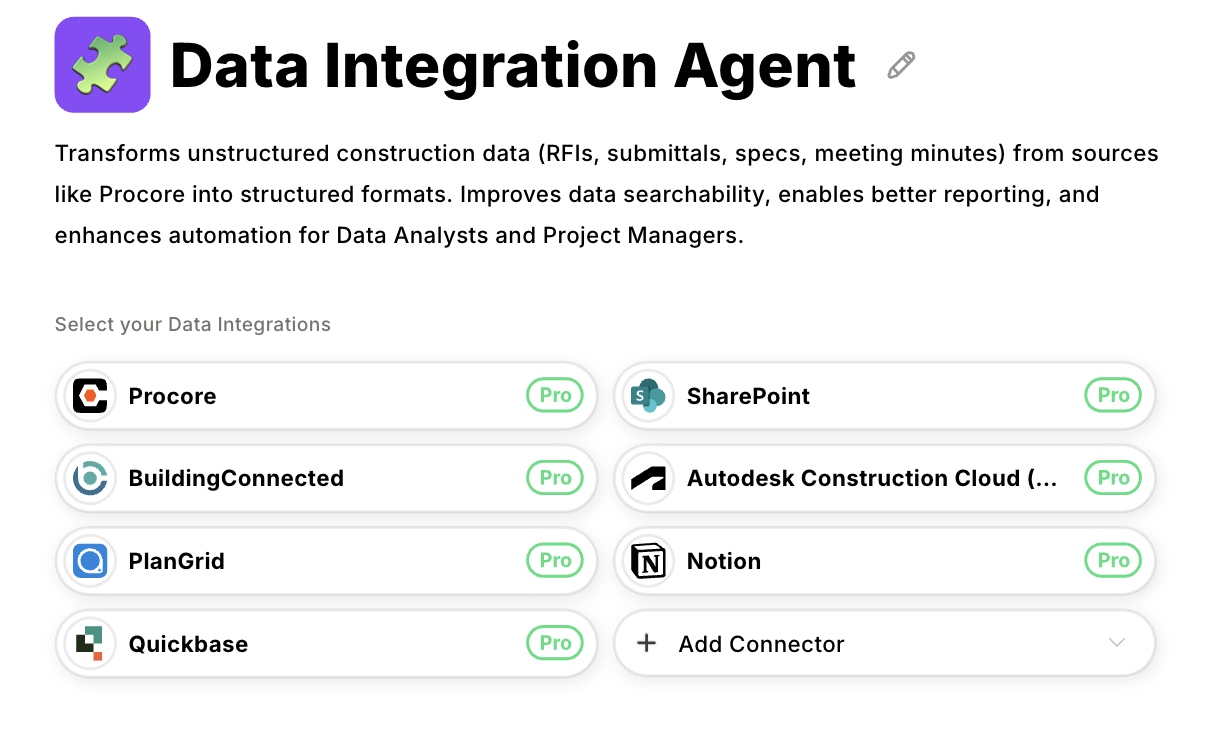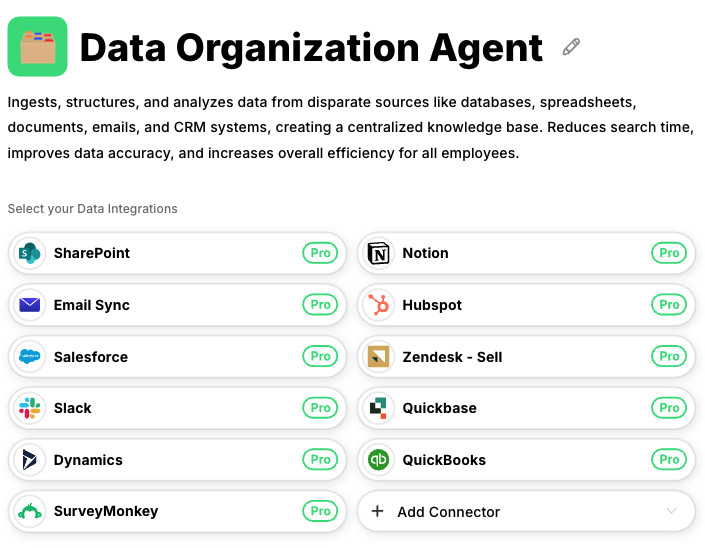This article was last updated on January 22, 2026.
Your best charge nurse builds schedules that balance patient acuity, certifications, staff preferences, and union requirements without breaking a sweat. When she's out, the schedule falls apart. Coverage gaps appear, overtime spikes, and complaints flood your inbox.
That expertise lives in her head, not in a system your entire team can execute. Meanwhile, according to HIMSS analysis, nurse managers historically spent the majority of their time on administrative tasks, with scheduling consuming a significant portion of that burden. For clinical managers, automating staff scheduling has become essential to reclaim time for strategic work.
The scheduling crisis is both inefficient and unsustainable. With significant hospital RN turnover rates persisting, as documented in the NSI staffing report, clinical managers are rebuilding schedules around constant departures while maintaining 24/7 coverage with zero tolerance for gaps.
AI agents offer a path forward by automating staff scheduling through documented rules execution, real-time credential matching to unit requirements, and surfacing exceptions for clinical judgment rather than drowning managers in routine decisions.
The Real Staff Scheduling Burden Clinical Managers Face
Staff scheduling in healthcare is categorically different from workforce management in any other industry. Healthcare facilities must maintain qualified clinical staff every hour of every day, where a single coverage gap can delay emergency response or compromise patient monitoring.
This reflects state-mandated nurse-to-patient ratios, CMS minimum staffing standards, Joint Commission accreditation requirements, and regulatory requirements that staff be continuously credentialed for their assigned units. These constraints offer minimal flexibility and direct legal liability for violations.
Maintaining Continuous Coverage with Credential Matching
Clinical managers coordinate multiple shift patterns while ensuring every unit maintains appropriate nurse-to-patient ratios. Weekend and holiday coverage must be distributed equitably while meeting patient care needs, and on-call schedules require coordination for emergencies and unexpected volume surges.
A nurse may hold an active RN license but lack current ICU certification. Another may be competent for medical-surgical units but not emergency department rotations. Clinical managers must track these multi-dimensional credentialing requirements (multiple credentials with varying expiration dates) and ensure every shift assignment matches qualified staff to unit-specific needs.
One missed credential check can create compliance violations and patient safety risks.
Coordinating Float Pools and Union Requirements
Float pool management compounds scheduling complexity by requiring assignment decisions based on specialized skills matching specific unit requirements, often necessitated by same-day decisions in response to unexpected call-offs or census fluctuations.
AI agents help hospitals anticipate staffing gaps well before they impact care delivery when properly designed for healthcare-specific requirements.
Datagrid's Automation Agent can connect to existing systems and execute documented scheduling rules automatically, matching credentials to unit requirements and enforcing union seniority provisions without manual intervention.

Healthcare scheduling in unionized facilities requires balancing seniority-based fairness with operational efficiency, a tension AI agents must manage while maintaining patient safety requirements. Most union contracts specify that more senior employees receive first choice of available shifts. AI agents can algorithmically enforce these requirements while still maintaining clinical staffing needs and compliance with state-mandated ratios.
How AI Agents Improve Clinical Scheduling Workflows
AI agents provide clinical managers with capabilities that address healthcare-specific challenges through real-time patient acuity-based staffing adjustments, credential verification, and automated enforcement of regulatory requirements.
Adjust Staffing Based on Patient Acuity
Cleveland Clinic's implementation, developed in partnership with Palantir Technologies, demonstrates enterprise-scale AI agent scheduling in action. Their Hospital 360 module "provides a real-time display of patient census and forecasts capacity at Cleveland Clinic facilities, which helps improve enterprise patient flow and resource planning."
AI agents can predict patient census multiple times daily, allowing managers to adjust staffing levels before demand shifts occur rather than scrambling after the fact.
Automate Credential Verification and Float Pool Deployment
AI agents track multiple credential types and expiration dates, automatically preventing scheduling violations by ensuring only properly credentialed staff are assigned to specialized clinical roles.
Datagrid's Data Integration Agent transforms credential data from disparate HR and compliance systems into a unified view, enabling real-time verification for every shift assignment across your entire organization.

Advanced AI agents evaluate every open shift in real time and match it to the most cost-effective option across the entire workforce, including employees, float pools, on-call staff, per diem workers, or agency personnel. This replaces manual phone trees with algorithmic matching that considers competency, preference, historical performance, and predicted unit needs simultaneously.
Enable Predictive Scheduling with Advance Visibility
Cleveland Clinic's nursing leadership reports measurable improvements from their AI agent implementation: "Knowing our staffing availability days ahead of time leads to fewer last-minute changes, earlier scheduling and less manual and operational management burden."
Regulatory Compliance Requirements for AI Scheduling Agents
Clinical scheduling agents must navigate an increasingly complex regulatory landscape. Recent federal and state regulatory intensification (including CMS minimum staffing standards from April 2024, Joint Commission National Performance Goal 12 from July 2025, and proposed federal nurse-to-patient ratio legislation) makes AI agent capabilities operationally necessary for maintaining compliance and accreditation.
Meet CMS Minimum Staffing Standards
In April 2024, the CMS final rule established mandatory minimums. These include 3.48 hours per resident day (HPRD) of total direct nursing care, 0.55 HPRD provided specifically by registered nurses, and 2.45 HPRD provided specifically by nurse aides.
AI agents must calculate and track these requirements in real-time, providing automated alerts when staffing approaches minimum thresholds.
Satisfy Joint Commission National Performance Goal 12
NPG 12 requires hospitals to demonstrate that staffing levels and staff competencies align with patient needs through documented evidence. This creates specific requirements for AI agents to provide audit trails and decision rationale, ensuring that the role of the nurse executive in directing nurse staffing is transparent and verifiable for Joint Commission accreditation reviews.
Enforce State Nurse-to-Patient Ratio Laws
California remains the only state with comprehensive mandatory nurse-to-patient ratios across all hospital units and specialties. Research demonstrates that California's nurse staffing ratios are associated with lower likelihood of in-patient death within 30 days of hospital admission and better nurse retention.
AI agents operating in California, or preparing for similar legislation elsewhere, must enforce jurisdiction-specific ratios by unit and shift with real-time compliance monitoring.
How to Implement AI Scheduling Agents Successfully
AI agent implementation requires more than software deployment. It demands organizational change management and clinical leadership buy-in. Successful implementations dedicate substantial project resources to training and change management. Additionally, organizations that have established high timekeeping accuracy create a foundation of data that enables more effective AI agent implementation.
Recommended Implementation Sequence:
- Audit current scheduling data quality and verify high timekeeping accuracy before deployment
- Map credential requirements by unit type and document all union contract scheduling rules
- Deploy to a single, lower-complexity unit for initial validation
- Train charge nurses and scheduling staff on override protocols and AI agent recommendation review
- Expand gradually to additional units, incorporating lessons learned from each phase
Balance AI Automation with Clinical Manager Oversight
Healthcare systems implementing AI agents consistently emphasize that AI provides optimized recommendations, but clinical judgment remains essential for final scheduling decisions, particularly around patient acuity considerations.
Transparency in how AI agents make recommendations proves critical for staff acceptance. Nurses need to understand why they're being assigned to specific units. Opaque algorithms that cannot explain their logic face resistance regardless of their optimization quality.
Clinical managers should establish clear protocols for when AI agent recommendations can be overridden and document the rationale for these exceptions to support continuous improvement of the scheduling system.
Measure Staff Scheduling Automation Impact
Healthcare organizations report up to 21% efficiency improvement in workforce scheduling when facilities align staffing with forecasted patient demand versus traditional average census-based approaches, according to HFMA research.
Datagrid's Data Organization Agent creates a centralized knowledge base from timekeeping systems, credentialing databases, and EHR platforms, giving clinical managers complete visibility into staffing resources and enabling accurate measurement of scheduling performance.

Clinical managers should also track additional metrics related to scheduling performance:
- Schedule Stability: Reduction in last-minute schedule changes, fewer unpredictable shift adjustments, and decreased reliance on mandatory overtime callouts
- Fill Rate Improvement: Increase in internal shift fill rates versus agency staff reliance
- Credential Compliance: Percentage of shifts with verified credential matching versus manual overrides
- Staff Satisfaction: Early implementations report measurable improvements in staff scheduling satisfaction, with documented outcomes including significantly higher preference accommodation rates
Build a Scalable Staff Scheduling System
With healthcare workforce research showing the vast majority of healthcare executives anticipating external workforce challenges, the pressure on scheduling will intensify.
AI agents that execute documented scheduling rules, enforce credential requirements automatically, and surface exceptions for clinical judgment represent the scalable approach to a problem that can't be solved by hiring more administrative staff.
The goal is to encode your best charge nurse's approach into systems that execute consistently across your entire operation. This frees managers to focus on exception handling and staff development rather than routine schedule construction.
Platforms like Datagrid bring enterprise AI agent capabilities to workflow automation challenges, including the document handling, credential tracking, and system integration requirements central to clinical scheduling. By connecting disparate data sources (from timekeeping systems to credentialing databases), AI agent platforms can orchestrate the complex information flows that clinical scheduling demands.
Datagrid Simplifies Staff Scheduling for Clinical Managers
Datagrid's AI agents help clinical managers transform scheduling from a manual burden into an automated workflow that maintains compliance and coverage standards:
- Credential verification across systems: Datagrid's Data Integration Agent unifies credential data from HR, compliance, and clinical systems into a single view, enabling real-time verification for every shift assignment without manual cross-referencing.
- Automated rule execution: The Automation Agent executes documented scheduling rules automatically, matching staff credentials to unit requirements and enforcing union seniority provisions without manual intervention.
- Centralized scheduling intelligence: Datagrid's Data Organization Agent creates a knowledge base from timekeeping systems, credentialing databases, and EHR platforms, giving managers complete visibility into staffing resources and performance metrics.
- Cross-platform connectivity: With 100+ pre-built connectors with possibilities for healthcare systems including Epic, Cerner, and other clinical platforms, Datagrid integrates with your existing technology stack to orchestrate complex scheduling workflows.
- Audit-ready documentation: AI agents maintain decision rationale and audit trails that support Joint Commission accreditation reviews and CMS compliance verification.
Create a free Datagrid account to start automating your clinical staff scheduling workflows today.



.jpeg)









